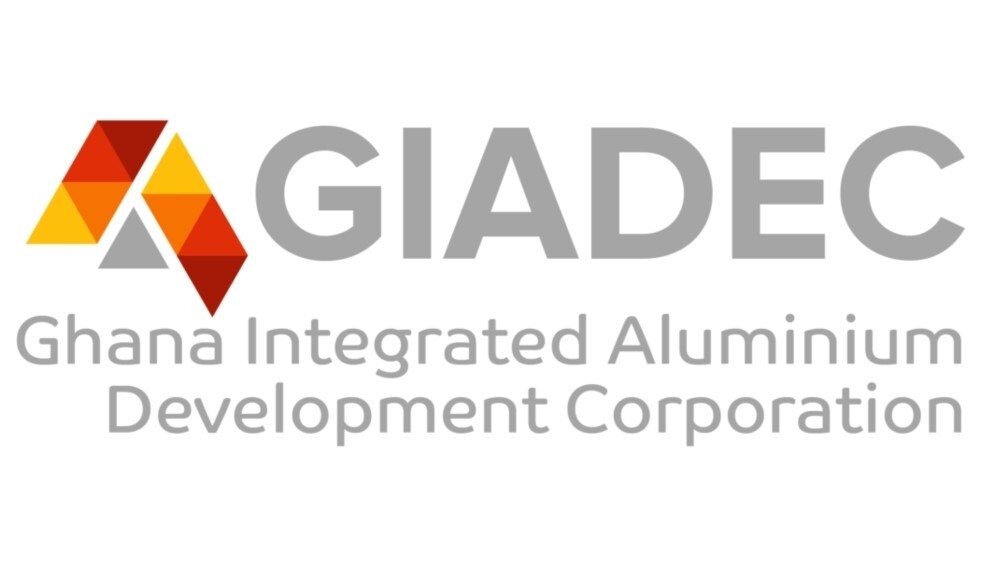您想继续阅读英文文章还
是切换到中文?
是切换到中文?

THINK ALUMINIUM THINK AL CIRCLE

A new governing board has been inaugurated for the Ghana Integrated Aluminium Development Corporation (GIADEC), marking a renewed commitment to advancing the country’s bauxite and aluminium industry. The 11-member board, chaired by Kweku Sarfo-Buabeng, was officially sworn in by Lands and Natural Resources Minister Emmanuel Armah-Kofi Buah. The Minister hailed the inauguration as a significant milestone in Ghana’s pursuit of long-envisioned industrialisation goals.

He urged the board to prioritise value addition by moving beyond the export of raw bauxite and focusing on local refining and aluminium production. The Minister also called on members to end unsustainable bauxite haulage practices and ensure their strategies align with Ghana’s green transition objectives.
Speaking at the ceremony, Deputy Minister for Lands and Natural Resources Yussif Sulemana reinforced the call for integrity and teamwork, urging the board to operate transparently and in close coordination with the ministry. In response, Board Chair Kweku Sarfo-Buabeng affirmed the board’s dedication to delivering tangible results.
A shared vision
This broader push for empowering GIADEC to make Ghana’s aluminium industrial ambitions come true is nothing new -
“The aluminium industry holds immense potential to transform our economy, but only if developed responsibly, sustainably and strategically. The aluminium value chain is the key to unlocking Ghana’s industrial future,” said Mr Buah.
What the new board has to offer
The newly constituted board comprises members from academia, industry, and public service, bringing diverse expertise to guide GIADEC’s ambitious development agenda. Alongside this leadership overhaul, GIADEC has announced plans to draft a legislative framework to regulate Ghana’s downstream aluminium sector.
The proposed law, developed in partnership with the Ministry of Lands and Natural Resources, aims to tackle widespread cable theft, promote ethical sourcing, and enforce standards across the fragmented industry. It will introduce a registration and certification system for all downstream players, including scrap dealers, rod manufacturers, and foil producers.
A central feature of the proposed framework is the introduction of a mandatory certificate of origin for all aluminium imports and exports, aimed at enhancing traceability and curbing the circulation of stolen materials. Currently, the sector operates with limited oversight, resulting in unsafe practices and significant environmental harm. Informal smelters, in particular, often use rudimentary and highly polluting methods.
GIADEC believes the new regulations will help enforce environmental safeguards, improve product quality, and align Ghana’s aluminium industry with international standards. The framework is also expected to promote sustainable industrial growth and boost investor confidence. By establishing clear rules and strengthening regulatory oversight, Ghana aims to elevate its position in the global aluminium market while ensuring the sector plays a meaningful role in the nation’s long-term development.
Also Read: US bauxite imports slide 4% in Q1, with Turkey pulling back and Atlantic Alumina under pressure
Responses








